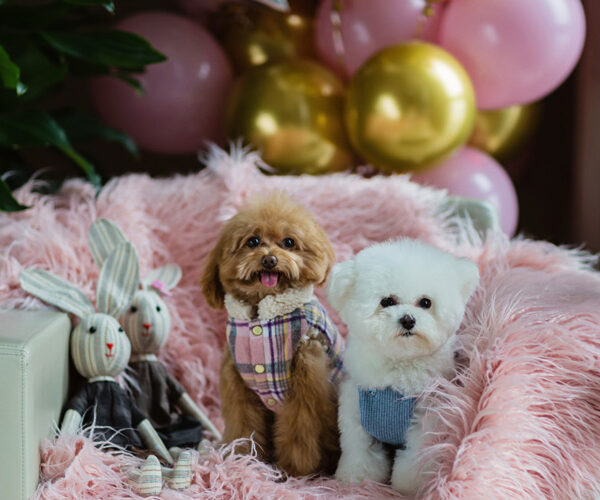Bringing home a new puppy is an exciting and heartwarming experience, but the first week can be a mix of joy, challenges, and adjustments. Puppies are naturally curious, and transitioning to a new environment requires patience and consistency. Setting up a comfortable routine early on helps build a strong foundation for a happy and well-adjusted pet.
Day 1: Setting Up a Safe Space
The first day at home is all about making your puppy feel secure. Before their arrival, prepare a designated area with a cozy bed, food and water bowls, and plenty of toys. This helps create a safe space where your puppy can retreat when feeling overwhelmed. Puppies may feel anxious being away from their littermates, so keeping the environment calm and predictable is essential.
Introduce your puppy to their new home slowly. Start with one or two rooms before giving them access to the entire house. Too much space too soon can be overwhelming. Allow them to explore at their own pace while supervising to prevent accidents or chewing on inappropriate items.
Day 2-3: Establishing a Routine
A structured routine is key to helping your puppy feel comfortable. Start setting a consistent schedule for feeding, potty breaks, playtime, and naps. Puppies thrive on routine, and predictability helps with house training and behavioral development.
House Training: Take your puppy outside frequently—after meals, naps, and play sessions. Reward them immediately after they go potty in the correct spot. Accidents are normal, so patience and consistency are necessary.
Feeding Schedule: Stick to a regular feeding schedule based on their age and breed. Puppies typically eat three to four small meals a day. Choose high-quality puppy food that meets their nutritional needs.
Day 4-5: Socialization & Basic Training
By the middle of the first week, your puppy will start feeling more comfortable. This is a great time to begin gentle training and socialization.
Start teaching basic commands like “sit,” “stay,” and “come” using positive reinforcement. Keep training sessions short and fun—puppies have short attention spans! Introduce your puppy to different sounds, surfaces, and experiences in a positive way to help them grow into a confident adult dog.
Socialization is crucial, but don’t overwhelm your puppy. Introduce them to new people and pets gradually. Keep interactions short and supervised, and always create positive experiences with treats and praise.
Day 6-7: Strengthening Bonds & Overcoming Challenges
By the end of the first week, your puppy is beginning to recognize their new home and routine. This is the perfect time to strengthen your bond through play, cuddles, and gentle training.
Handling Separation Anxiety: Puppies may cry at night or when left alone. Gradually teach them independence by leaving them alone for short periods and rewarding calm behavior.
Teething and Chewing: Provide appropriate chew toys to prevent destructive chewing. Frozen washcloths or puppy-safe chew toys can help soothe sore gums.
Puppy Therapy: A Supportive Start for You and Your Pup
Raising a puppy is a rewarding journey, but it comes with its challenges. Having the right guidance and support can make all the difference. Puppy Therapy offers expert advice, resources, and services to help new puppy parents navigate the first weeks and beyond. Whether it’s training, socialization tips, or simply knowing what to expect, Puppy Therapy ensures that both you and your furry friend start your new life together with confidence and joy. Check our available puppies!




